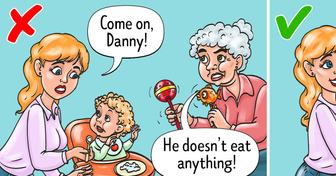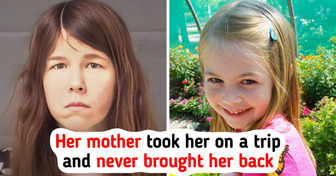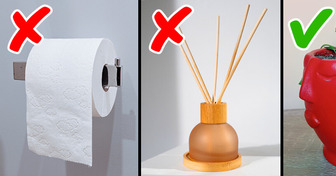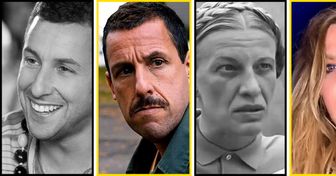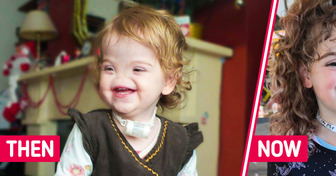13 Situations That Prove Rich and Poor People Come From Different Worlds

Inconsequential lies to children are often used by adults to simplify difficult conversations, manage behavior, and avoid premature discussions that children are not yet ready to understand. However, this can lead to serious subjects being sugar-coated or avoided altogether. Instead of lying about significant topics, it may be better to provide children with a toned-down context. Otherwise, white lies can create a cycle of more lies.
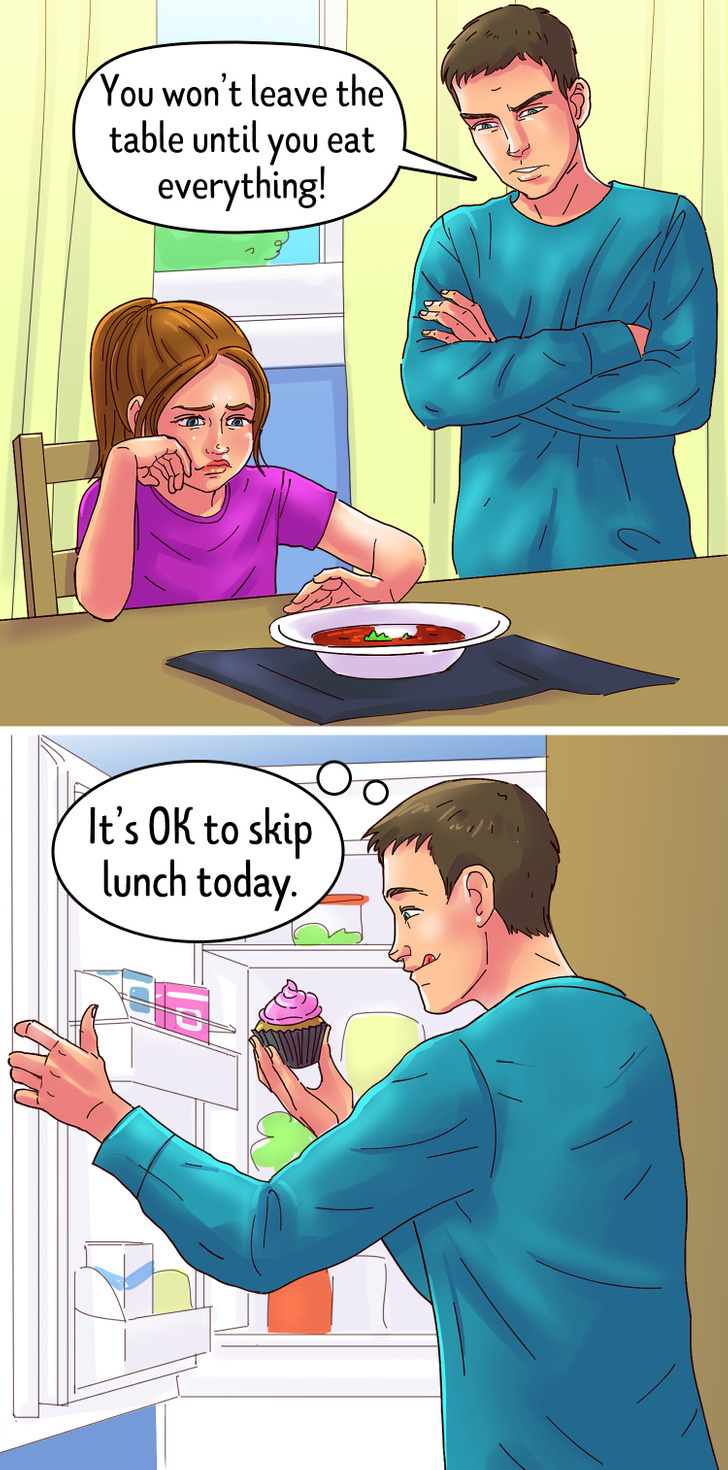
While healthy eating is important, we all still have our own preferences and sometimes, we just don’t feel like eating a certain food. Adults have the option to treat themselves whenever they want, whether it be with a cheat-meal or by skipping lunch if they aren’t hungry. But children are deprived of this luxury and always have to obey their parents’ rules, even if the adult doesn’t always follow them themselves.
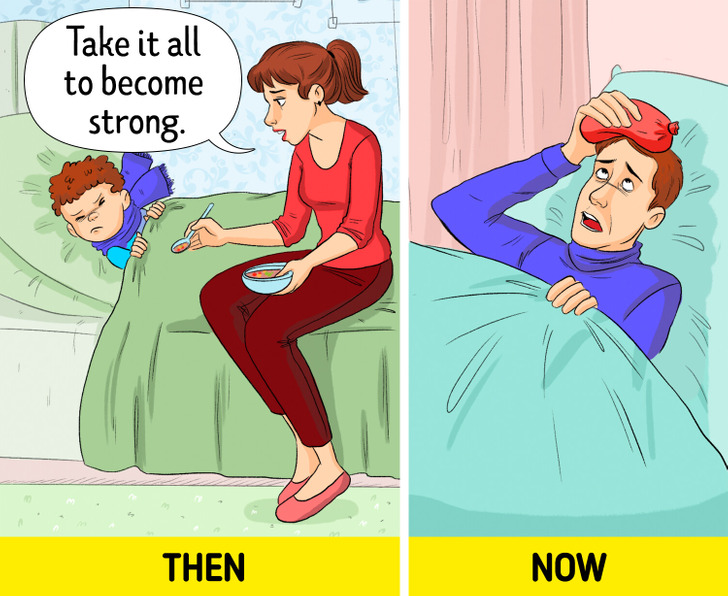
Anxiety and lying are commonly linked in parenting, according to studies. Parents may resort to lying to their children to ensure compliance or to conceal their true whereabouts. It’s possible that you’ve experienced this firsthand when your parents promised to take you to the park, but instead took you to the dentist.
Although it may have been disappointing, they likely had your well-being in mind. However, as a child, such experiences can leave a lasting impression, making it difficult to trust future promises of park visits.

White lies are often considered justifiable or necessary to avoid hurting someone’s feelings. However, philosophers and theologians worldwide have debated the ethical implications of lying with good intentions.
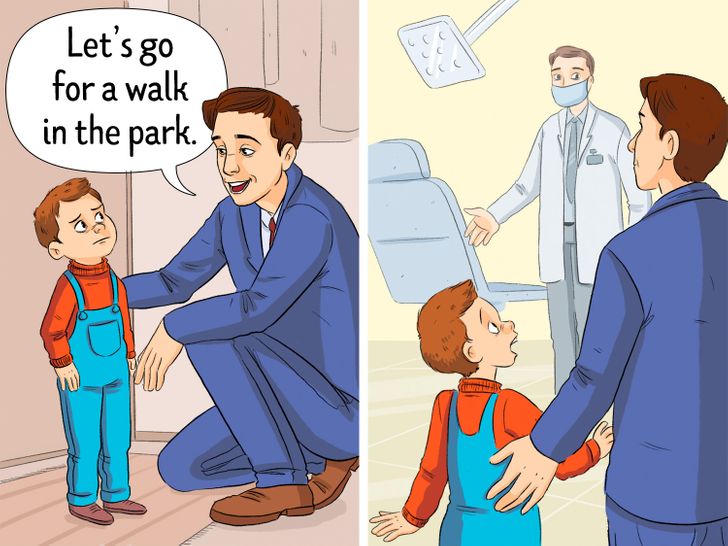
Lies can erode the attachment that children have to their parents, weakening their relationship over time. Even an innocent white lie can have a negative impact. When we’re young, we tend to trust the things that adults tell us without question, even if it’s as absurd as “watching too much TV will give you square eyes.” However, when we discover that these claims are false, it can leave us feeling let down and can contribute to trust issues.
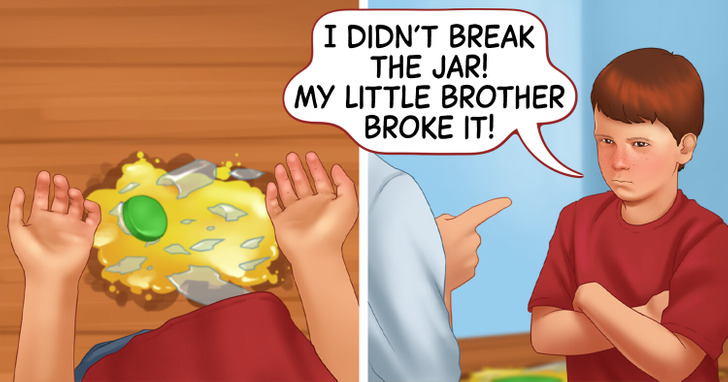
At around 3 years old, children typically start lying to deny their own misbehavior, even when caught in the act. This behavior is often an attempt to avoid punishment or negative consequences. Since children lack the communication and problem-solving skills of adults, lying may be the only strategy they have to handle conflicts at this stage.
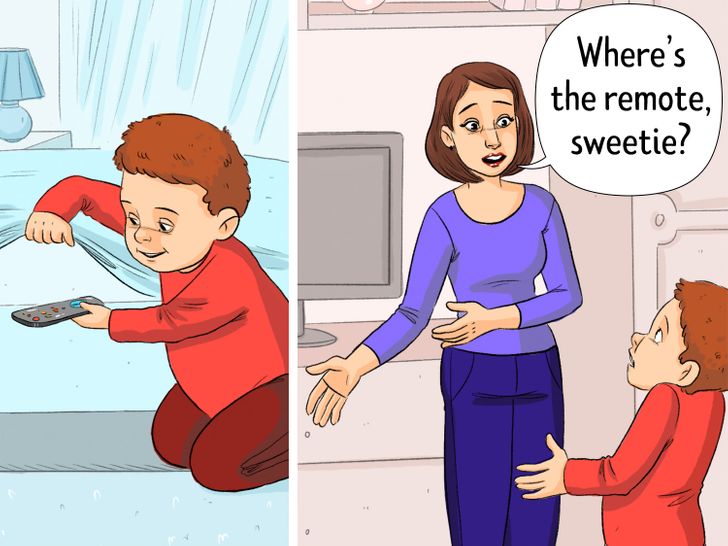
The actions of our parents can greatly influence who we become as adults, including the act of lying. Children who have been lied to are more likely to conceal the truth from their parents and peers as they grow older. Even minor dishonesty from parents can have lasting effects on their children’s future.
Instead of lying, parents should communicate with their children and explain why they cannot play today due to running errands, but can play tomorrow. Children are often receptive to honesty and reasoning. Being truthful with children pays off in the long run, as they are more likely to feel comfortable seeking help from their parents in the future.
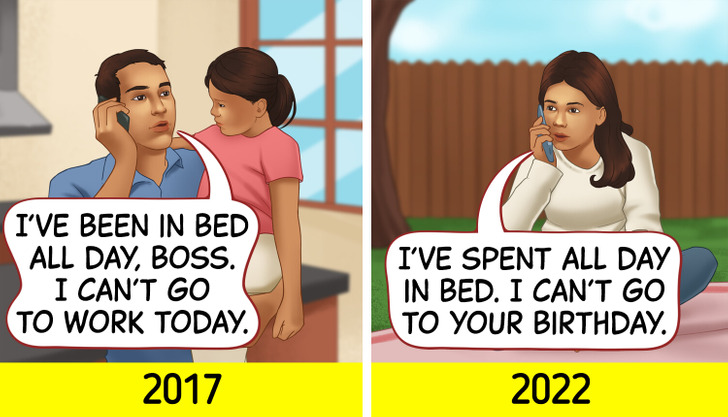
Children often begin lying because they imitate the behaviors they see at home or in media, where lying is frequently portrayed without severe consequences. Inadvertently, children may also be encouraged to lie when their honesty is seen as problematic or inappropriate. As children are just starting to learn complex social norms, being encouraged to lie in one context can send mixed signals and suggest that lying is acceptable in other situations as well.

Lying may seem like an easy solution to avoid explaining the truth, but the long-term effects can be significant. Children can face psychological and social challenges as adults when they realize they have been lied to. This can lead to feelings of shame and guilt, and can even impact their character, potentially leading to manipulative and selfish behaviors.
Acknowledging children’s feelings, offering choices, and working together to find solutions is more effective in promoting positive behavior in children.

Avoiding social situations that may be uncomfortable or awkward is a common reason why people lie. For example, someone may say they can’t attend a dull dinner because they haven’t found a babysitter, or pretend to be leaving the house when answering a call from an unknown salesperson.
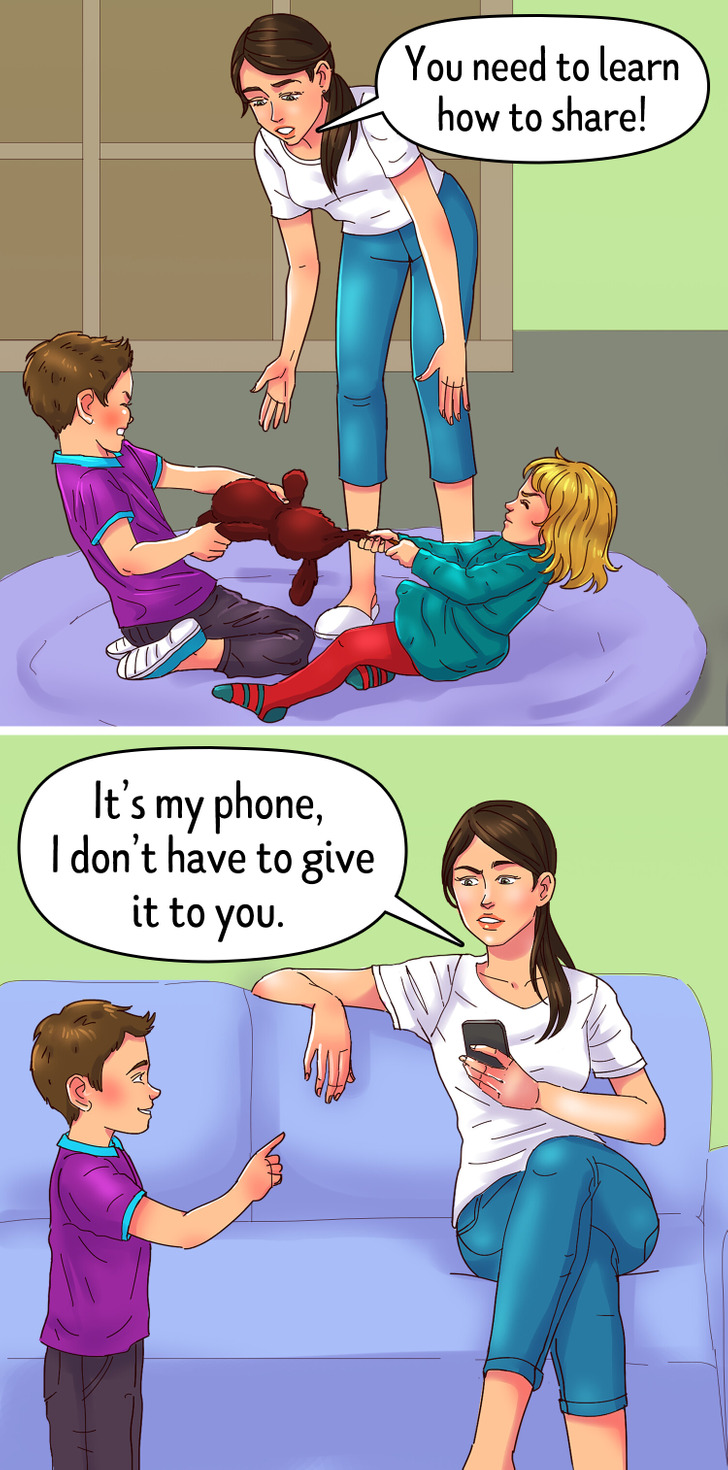
Parents often teach children to share their toys, to compromise, and to put up with some situations that might be unpleasant for them. But adults, on the contrary, can be very possessive, stubborn, and unwilling to sacrifice their comfort. Children are separate individuals with their own needs and opinions, so setting healthy boundaries and taking their opinions into account is important.
Sometimes parents teach us valuable things that we tend to ignore, but sometimes it’s the whole society that pushes false narratives on everyone. Luckily, some kids don’t lose their sense of humor and keep their parents entertained.

